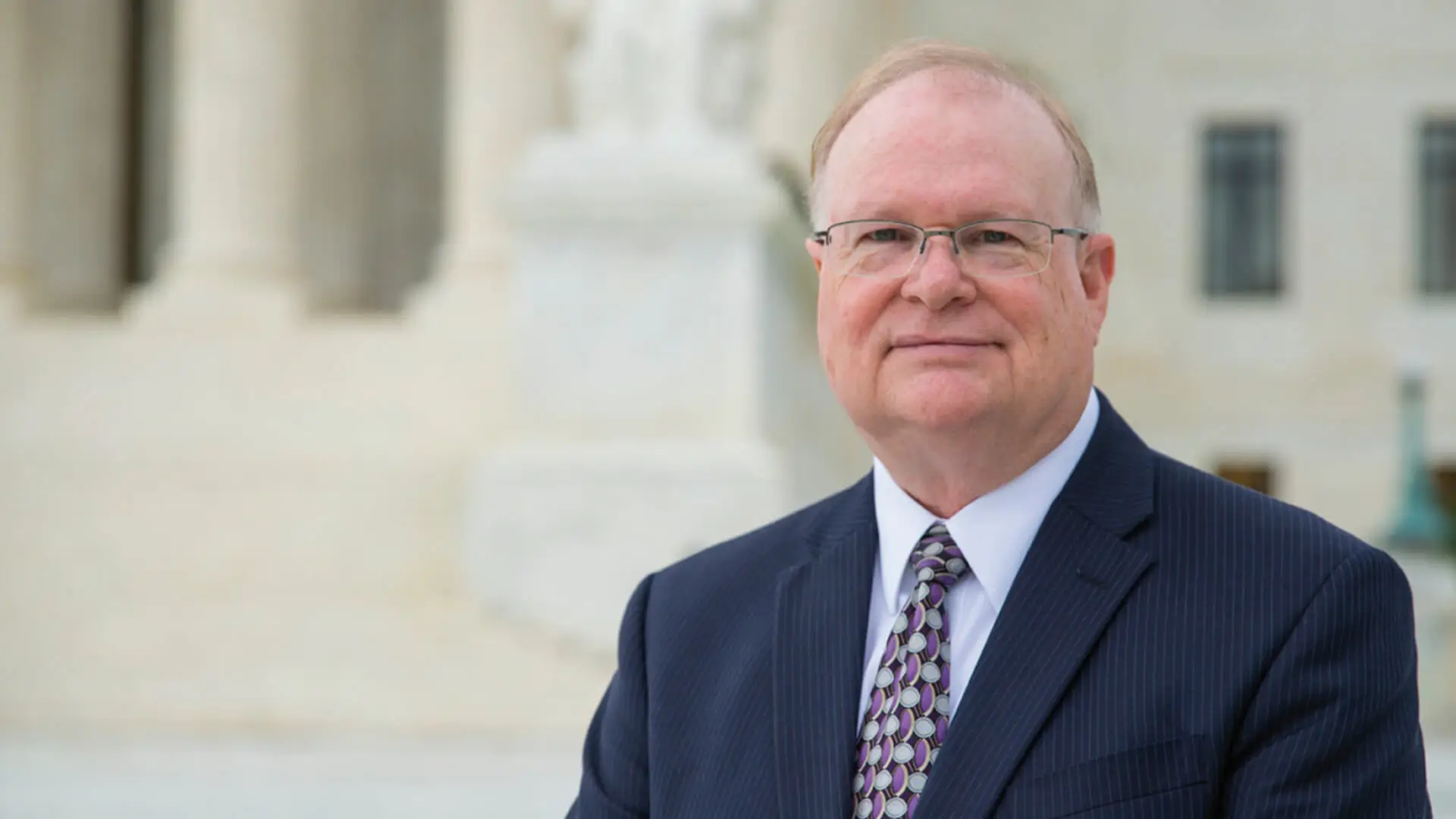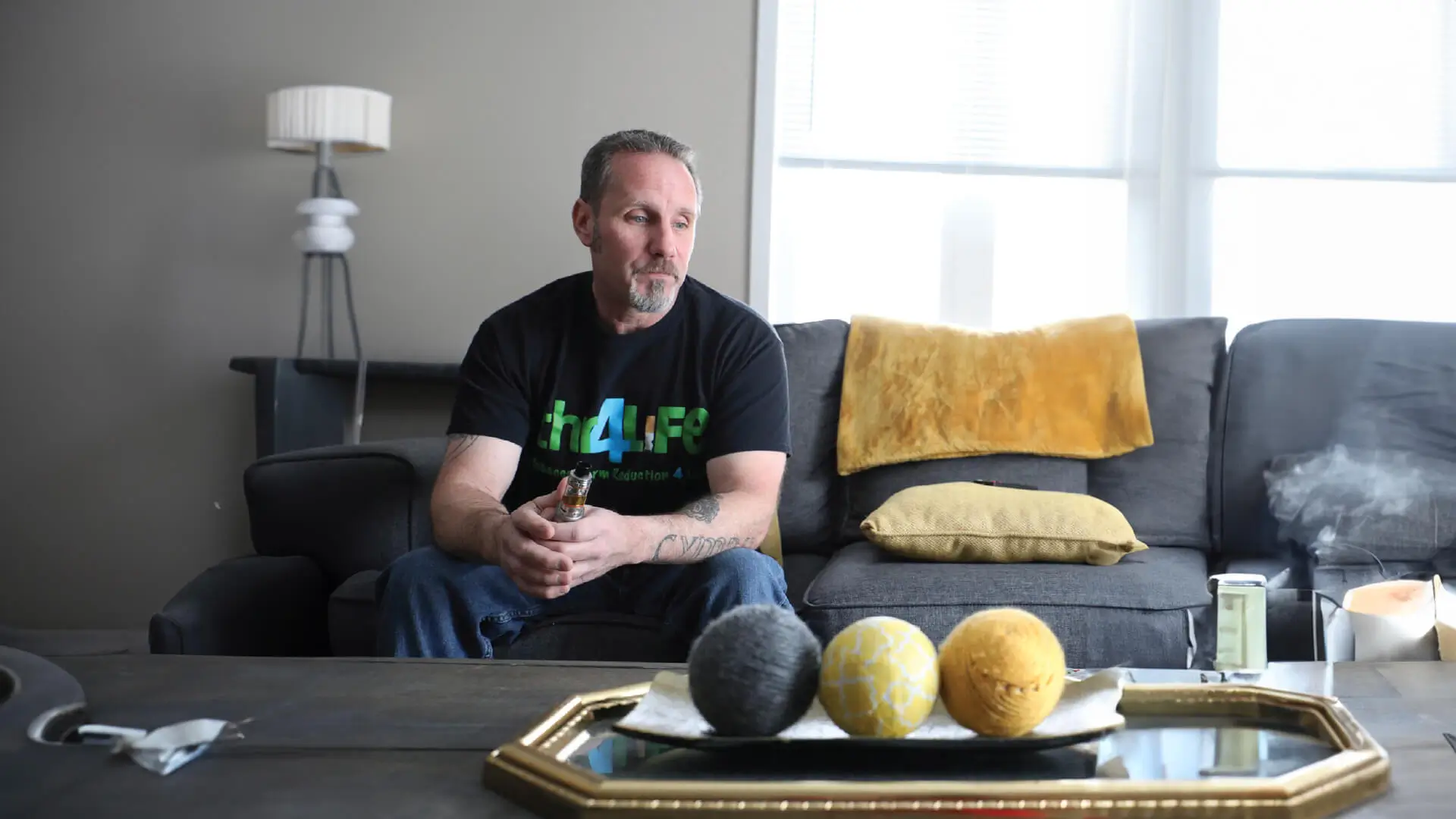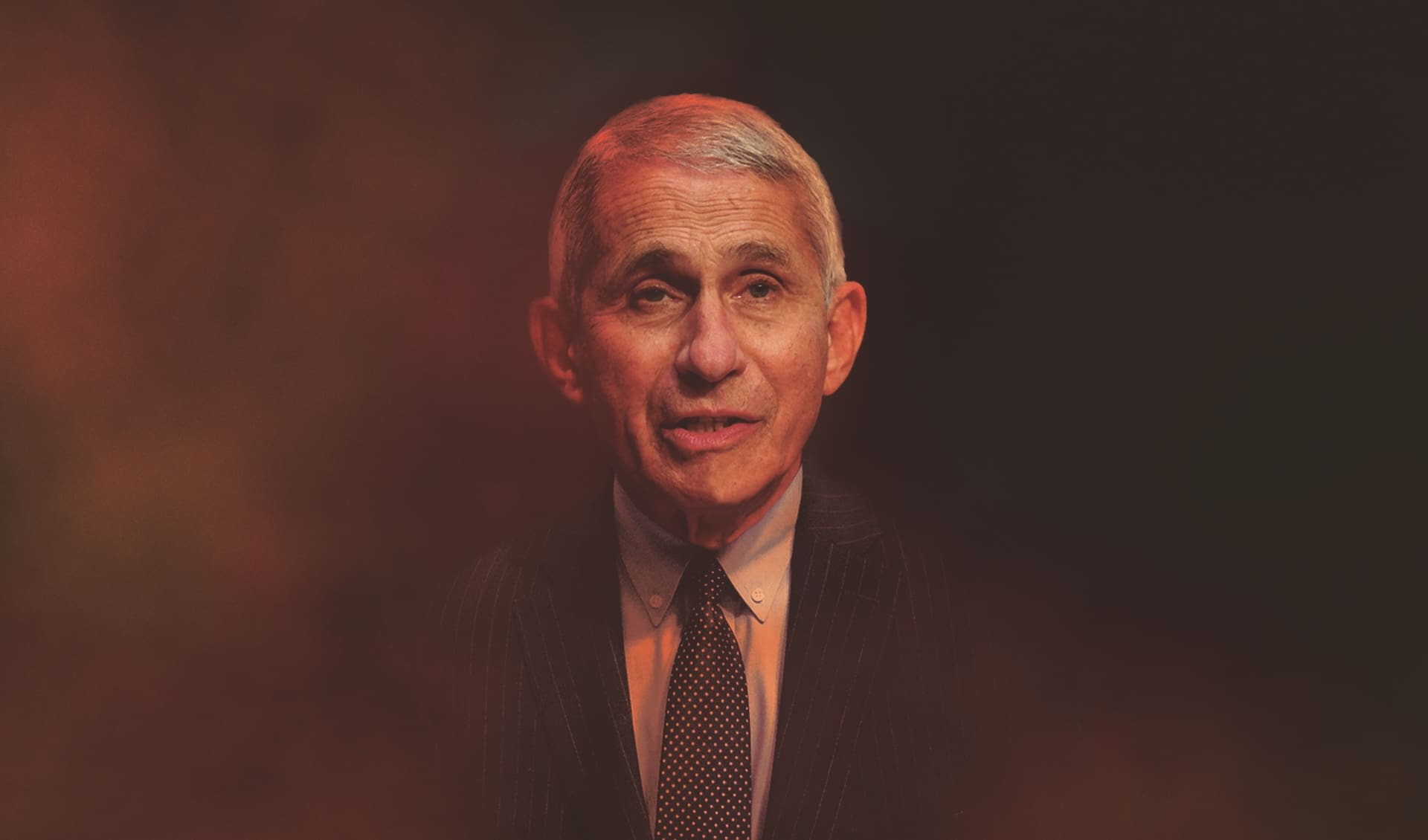WHAT ARE WE really fighting?
PLF brings the fight to government across several battlegrounds. We fight for your right to use your property however you see fit; to earn a living in whatever vocation calls you; to speak or display what’s on your mind; and to enjoy equal protection before the law, regardless of your gender or race. All without fear that you’ll be made an example of by the State.
These battlegrounds bring us into disputes with many different arms of government. Consider just four of PLF’s roughly 100 active lawsuits, where we are suing:
The California Coastal Commission (CCC). The Lent family became our clients after the CCC slapped them with a $4 million fine for erecting a safety gate over a 20-foot cliff to prevent beachgoers from falling to their deaths. Or more accurately, the Lents were fined for violating the commission’s near-religious belief that private citizens deserve no rights at all where beachfront property is concerned.
The Fairfax County School Board. We’re representing Asian-American parents against a public school’s leadership that’s hell-bent on jettisoning an objective and race-neutral admissions test to boot qualified Asian-American students out of excellent educations they earned, all in the name of racially balancing schools.
The U.S. Fish and Wildlife Service (FWS). We’re representing falconer Peter Stavrianoudakis against the FWS’ decision that in order to own a falcon, you have to surrender your Fourth Amendment right against unreasonable searches—you know, in case FWS agents feel an uncontrollable urge to inspect your birdcage at 2 a.m.
The U.S. Food and Drug Administration. Thousands of mom-and-pop vape shop owners, including our clients, may lose their entire livelihoods because an unappointed career bureaucrat decided that liquid vaping products, which reduce the harm from tobacco combustion and tar, must meet the same onerous regulatory burdens that apply to big tobacco company cigarettes.
AT FIRST GLANCE, these defendants might not seem to have a lot in common. But at PLF, we see a clear and common thread running through all of them. The commonality is a propensity toward “for your own good” thinking. We see various collections of government employees who have decided they know better than individuals making decisions in their own lives. They believe they know how all of society ought to be arranged and don’t believe constitutional limitations should apply to them, as long as they’re in service of their supposedly just ends.
There’s a specific term that describes this worldview: it’s called collectivism. This is the idea that the needs of individuals must be subordinated to the good of everyone else in the group. In this view, the choices you make for yourself or your family are not as important as what a government official thinks you or your family should do.
This was the view of many early-20th-century progressives like Woodrow Wilson, FDR, and other academics. Today, the term “progressive” has become a catch-all for left-of-center political beliefs. And while people who today label themselves “progressive” share some of the same beliefs as those early progressive figures, the progressives that created the New Deal, the Great Society, and the administrative state as a whole were members of a very specific worldview that endeavored to completely transform America’s government from a constitutional one to a collective one.
In the early 20th century, progressives framed their collectivism-inspired goals as a form of scientifically achieved efficiency. A more “efficient” nation—in their view—would be a better nation.
To sell their ideas, progressives zeroed in on a particular form of “scientific” expertise from the private sector: scientific management or “managerialism.” In short, the theory revolves around the idea that people can be managed as if they were mechanical parts of a machine. And while managerialism has been successfully applied in some areas of business, (and disastrously in many others), in the hands of government it’s practically weaponized plutonium. Managerialism plays a major role in our story: it’s the primary tool progressives have used for more than a century to subordinate individual rights in favor of the ostensible collective good.
In the pages that follow, we’ll tell an origin story of the idea that experts should make the rules and how that idea led to our current administrative state—and the threat to individual rights therein.







